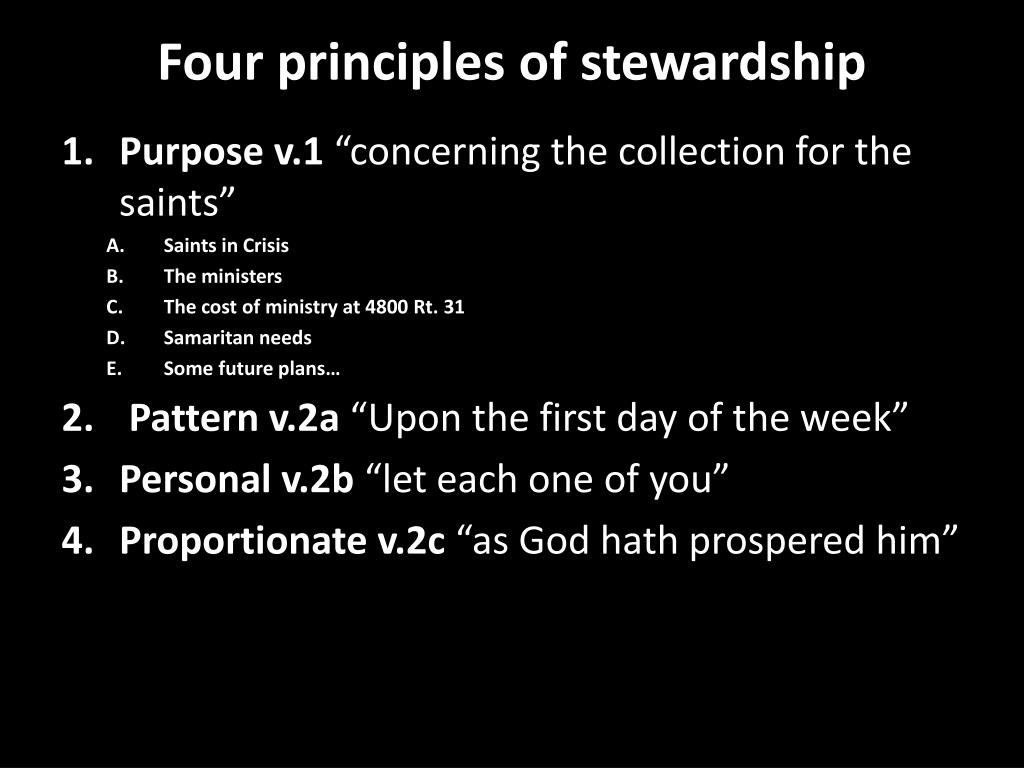

That will require the development of a deep appreciation that the fate of the world, of each business, and of each individual, depends on how we work together to face our shared challenges. All corporations must learn to think in terms of how the global social/economic/environmental system operates as a whole and must head toward a different finish line.Įach company and each employee has to be part of the solution. While some forward looking companies have spearheaded excellent social and environmental initiatives, it is clear that global sustainability cannot be achieved one company at a time. Nevertheless, despite pockets of progress, the world is slipping further behind on many social, economic and environmental dimensions. Much has been learned about how corporations can use their power to help create a viable future for all humanity.

Making real progress is possible and depends on expanded aspirations for corporate stewardship, and new assumptions about what “good business” means:

These and other examples in the book point to a fundamental lesson: the human race cannot engineer its way out of the mess of its own making. Starbucks has aligned its organization to help solve critical societal problems. Unilever has designed its production, human resource practices, and management processes to optimize positive, and mitigate negative impact on environments, communities, and stakeholders.
GOOD STEWARDSHIP DEFINITION DRIVERS
Kingfisher plc, Patagonia, and others have crafted strategies in which social and environmental concerns are integral components and drivers of their business models, not just bolt-ons.They must do so not in spite of the interests of their shareholders, but because the future of those investors, and the futures of all of us, depend on creating a sustainable planet. Corporations must become providers of meaningful employment and equitably distributed wealth in the context of a healthy and sustainable global environment. Although diverse in discipline and focus, the authors of this volume agree that the changes required are fundamental, and entail nothing short of the re-purposing of corporations. Together we produced a book entitled Corporate Stewardship: Achieving Sustainable Effectiveness.

Sue Mohrman, James O’Toole and I recently assembled a group of experts to chronicle what is known about how corporations can act as stewards. But to become responsible stewards, profound changes in the way business executives and their corporation act are required. Stewards not only make responsible use of that which they hold in trust, they leave it in an enhanced condition for future generations. Today, corporations play central roles in communities, nations, and the world, and their unprecedented access to resources and power position them to become “stewards of the future of humanity and the earth,” and ethically obligated to act as such.


 0 kommentar(er)
0 kommentar(er)
